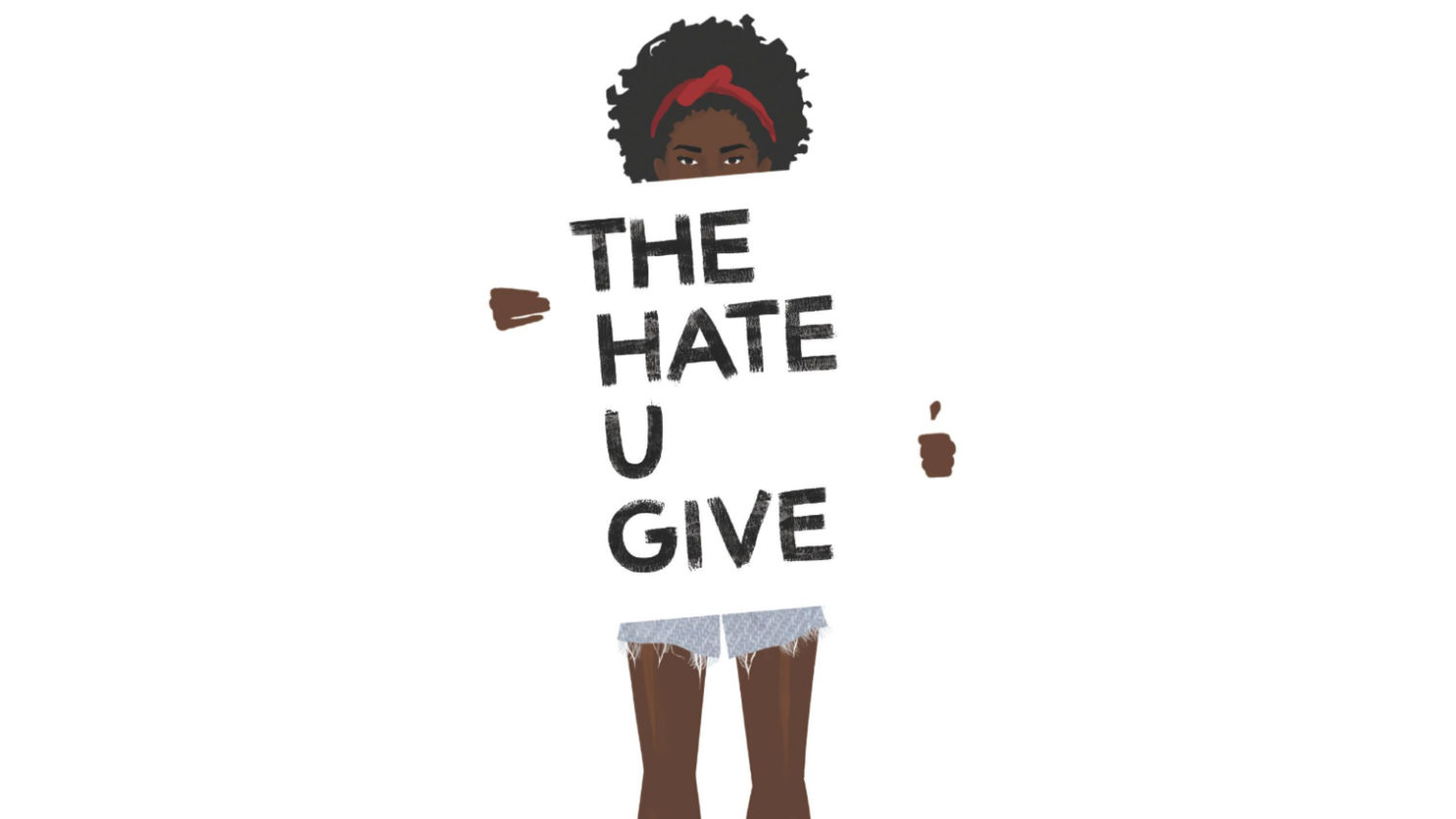
The Hate U Give is a 2017 young adult novel by Angie Thomas. It is Thomas’s debut novel, expanded from a short story she wrote in college in reaction to the police shooting of Oscar Grant. The book is narrated by Starr Carter, a 16-year-old black girl from a poor neighborhood who attends an elite private school in a predominantly white, affluent part of the city. Starr becomes entangled in a national news story after she witnesses a white police officer shoot and kill her childhood friend, Khalil. She speaks up about the shooting in increasingly public ways, and social tensions culminate in a riot after a grand jury decides not to indict the police officer for the shooting.
The Hate U Give was published on February 28, 2017, by HarperCollins imprint Balzer + Bray, which had won a bidding war for the rights to the novel. The book was a commercial success, debuting at number one on The New York Times young adult best-seller list, where it remained for 50 weeks. It won several awards and received critical praise for Thomas’s writing and timely subject matter. In writing the novel, Thomas attempted to expand readers’ understanding of the Black Lives Matter movement as well as difficulties faced by black Americans who are forced to code switch. These themes, as well as the vulgar language, attracted criticism and caused the book to be one of the most challenged books of 2017 and 2018 according to the American Library Association.
I just finished reading this as part of a research project I’m doing on young adult literature. Curious if anyone else has read it (or seen the film, because apparently there is one, so I’m tagging this as #literature and #movies) and what their thoughts are. I found it super powerful, though that’s coming from a white person, so take it for what you will. I thought it rang with a lot of hard truths that white folks could use to hear and develop a better understanding of what’s at stake for many black folks in America. I’d be super interested to teach the book one day, but I imagine it would be a fight to get it included in a curriculum (and it skews a little older than the age groups I typically work with).

